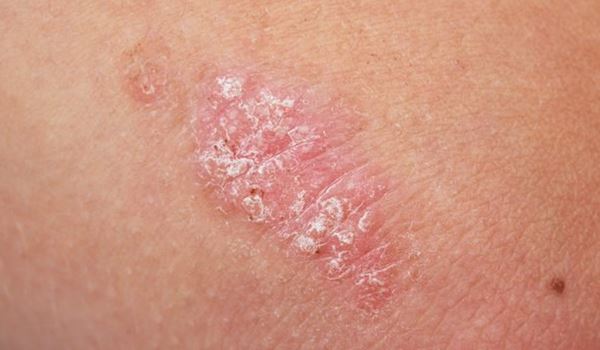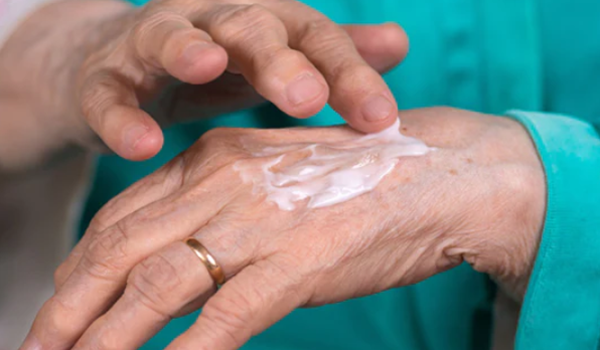Psoriasis
Page last reviewed: 04 September 2020
Page created: 04 September 2020
Page created: 04 September 2020
We've put some small files called cookies on your device to make our site work.
We would also like to use google translate cookies and analytical cookies to understand how our site is used and improve user experience. Analytical cookies send information to Google Analytics.
Let us know your preference. We will use a cookie to save your choice. Before you make your choice you can read more about our cookie policy.
You can change your cookie settings at any time using our cookie policy.

Psoriasis is a common autoimmune skin condition that causes itchy, scaly patches. This means that your body's immune system is working in overdrive, mistaking healthy skin cells for foreign invaders and producing more skin cells than they should. Thus, it looks like thick skin covered in scales. They can also be flakey and painful, which may make it difficult to sleep or concentrate.
They occur most commonly on these areas of the body:
Psoriasis is a long term condition which occurs in cycles - episodes of 'flare-ups' happen for a few weeks to a few months each time, and then it subsides for a while. The exact causes are unknown, but it is often associated with increased stress, infection or injury to the skin, or certain medications.
People often develop joint stiffness and pain, a condition known as psoriatic arthritis.

There are many ways to treat the symptoms of psoriasis, including steroid creams, moisturisers, and other medicated ointments.
Our skin care specialists will formulate a personalised treatment plan based on your age, overall health, severity of the rash and location of the rash, to provide the best care.
For more information, please visit: DermNet